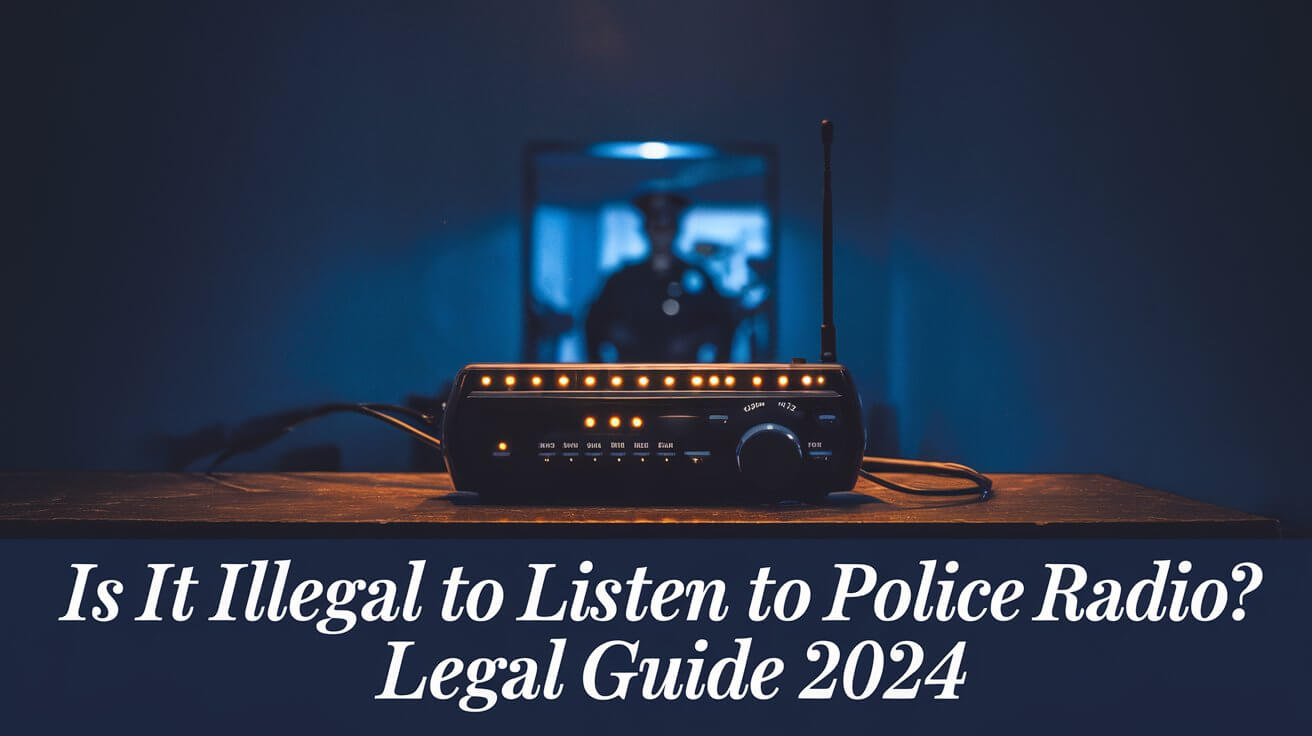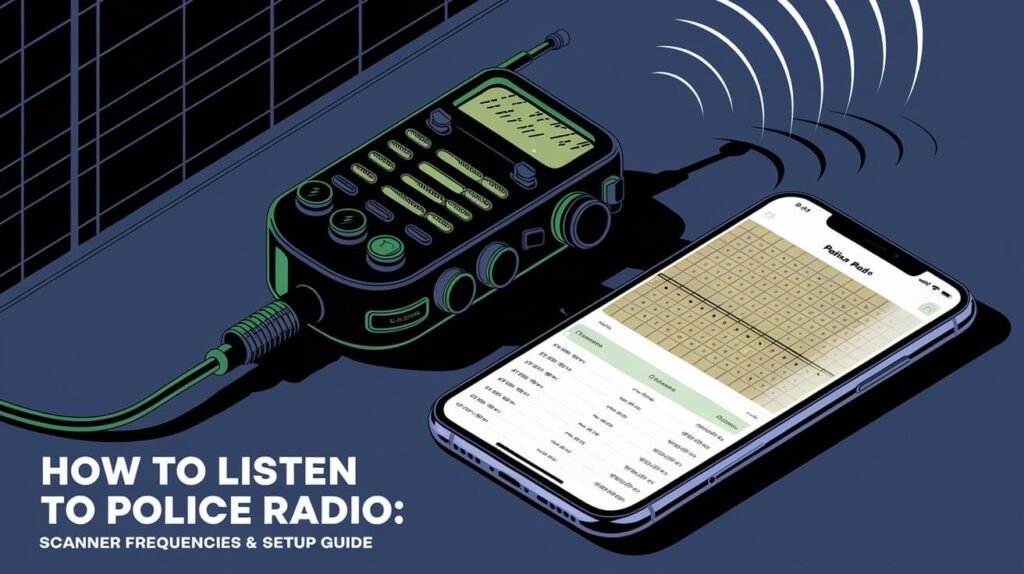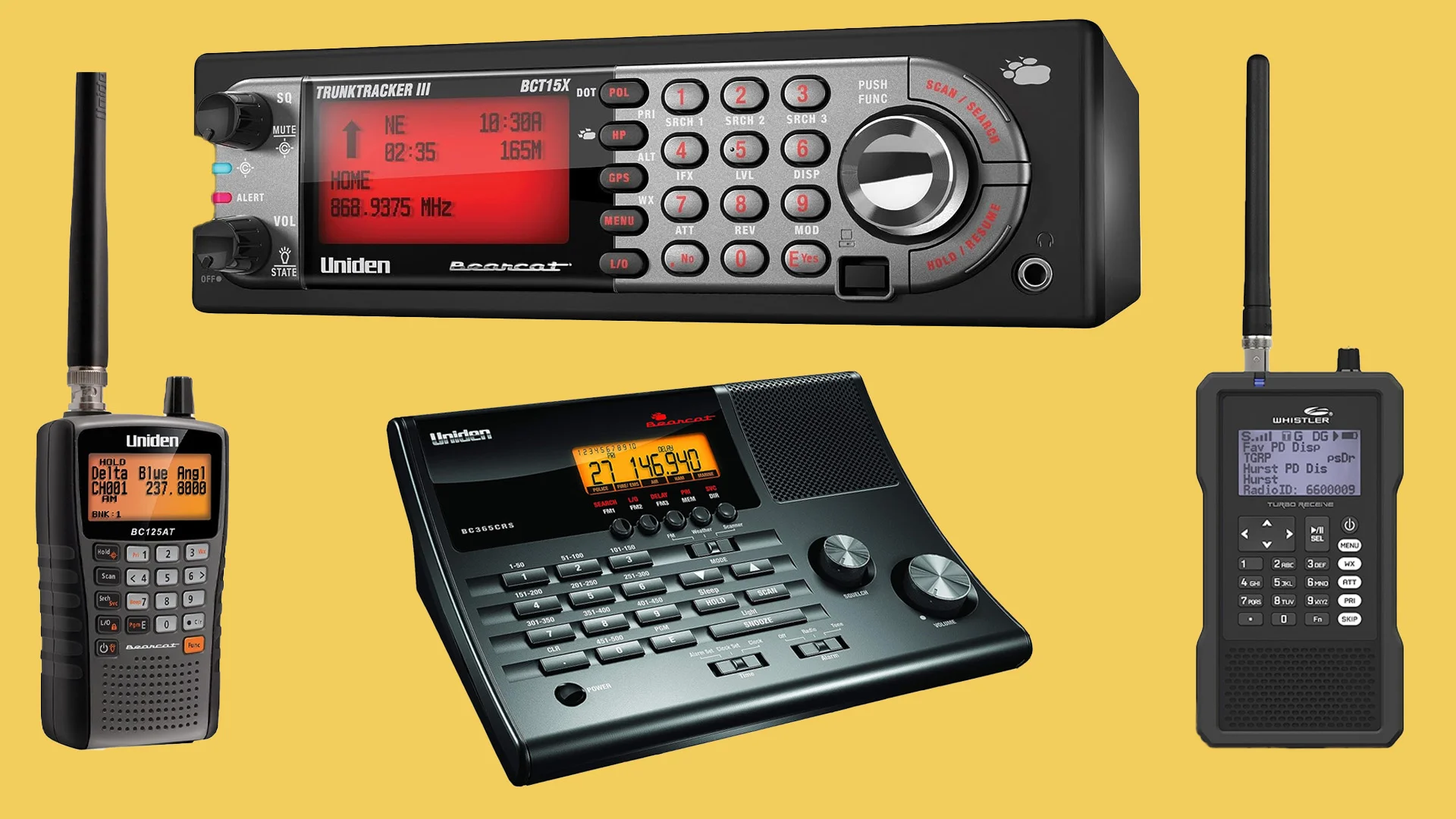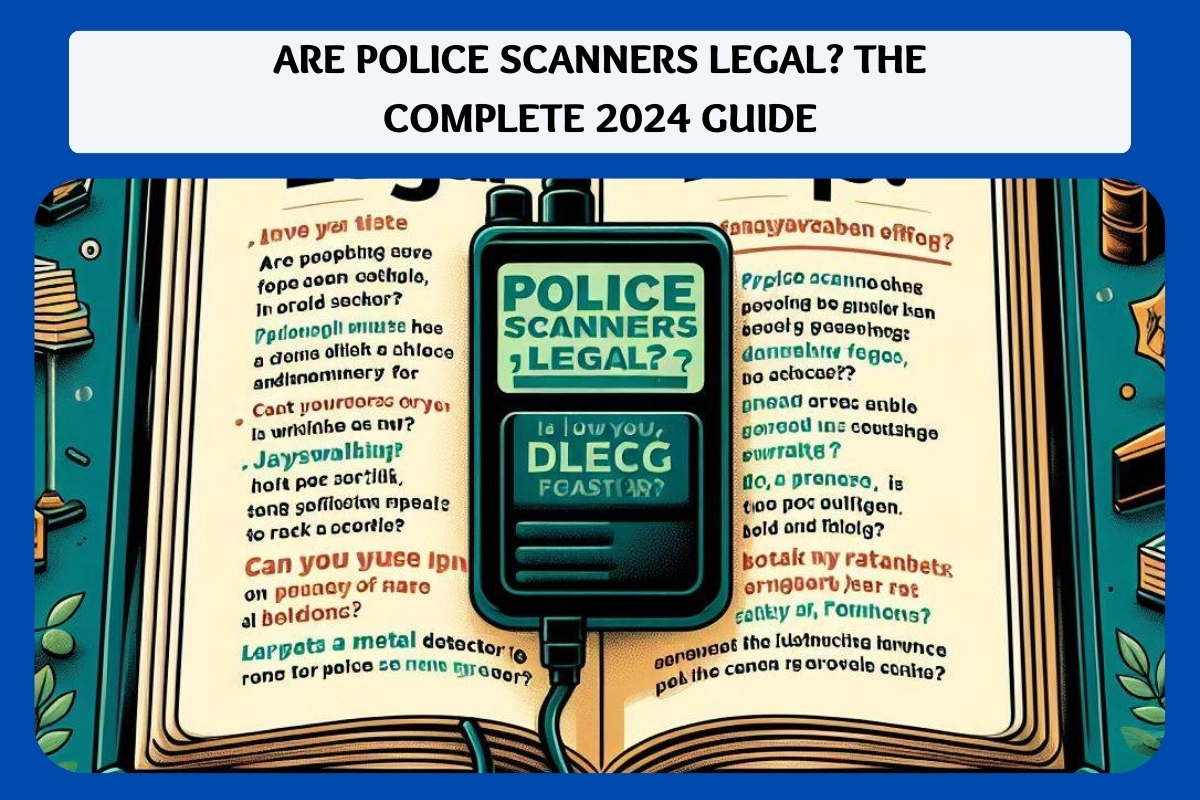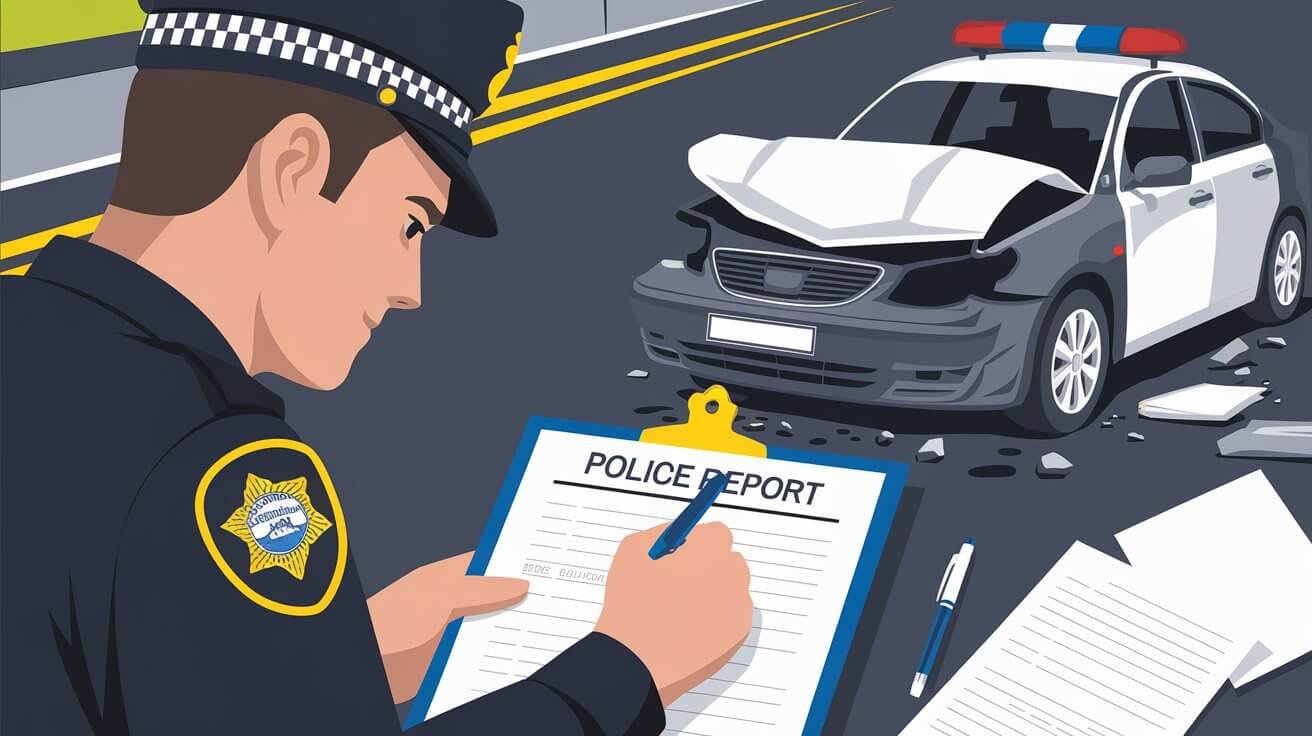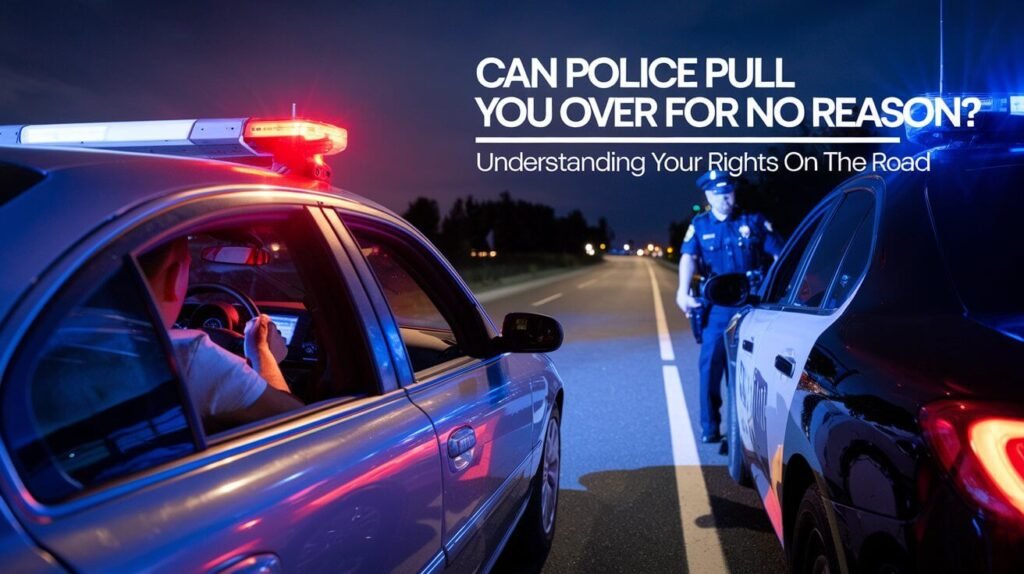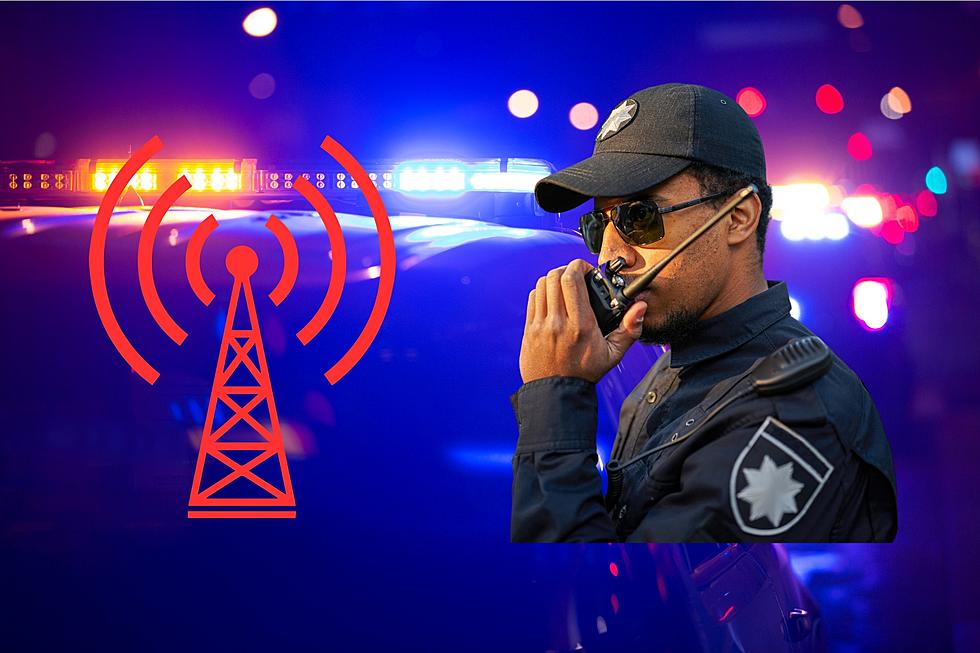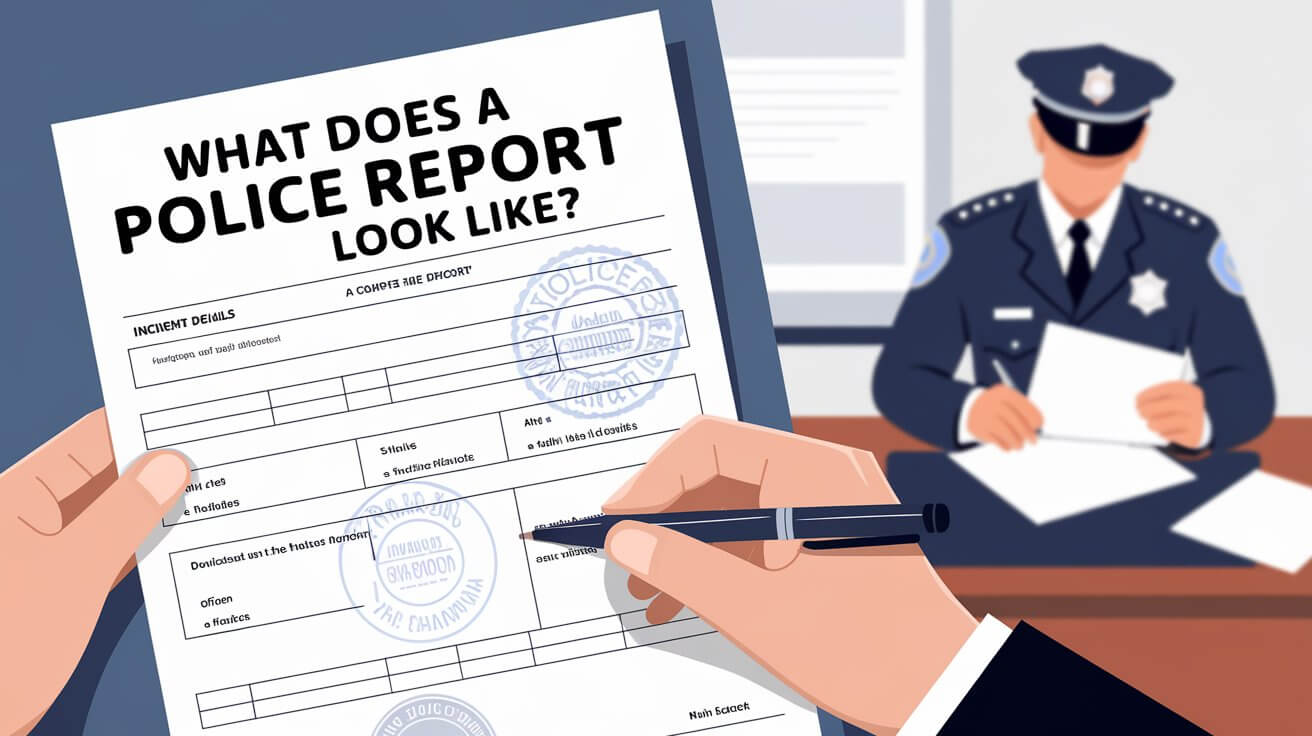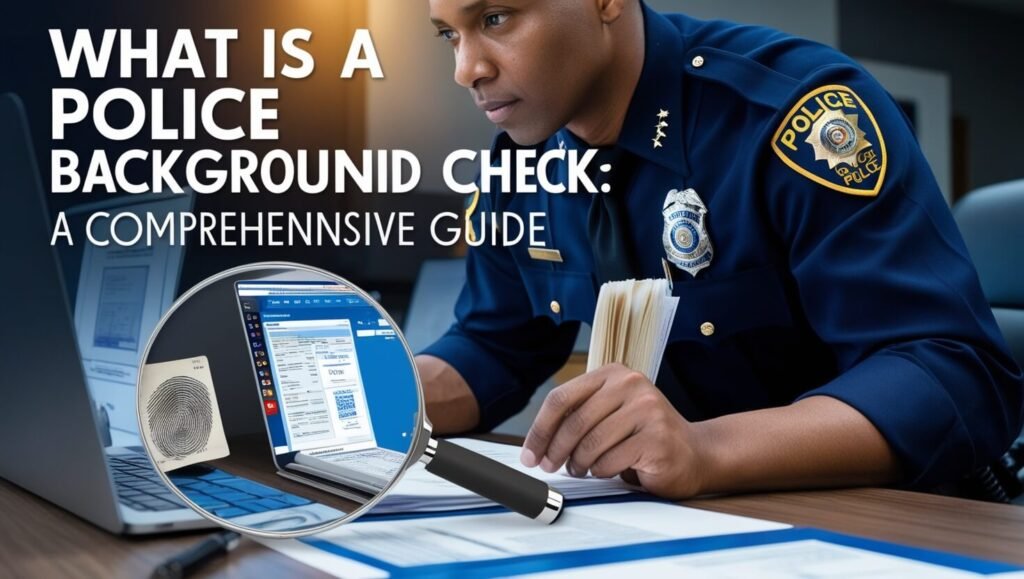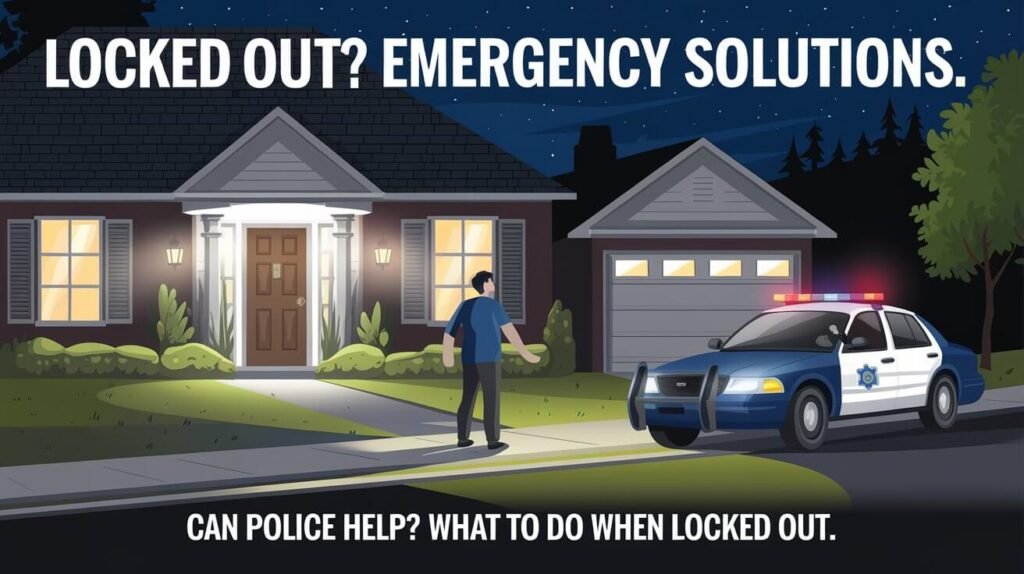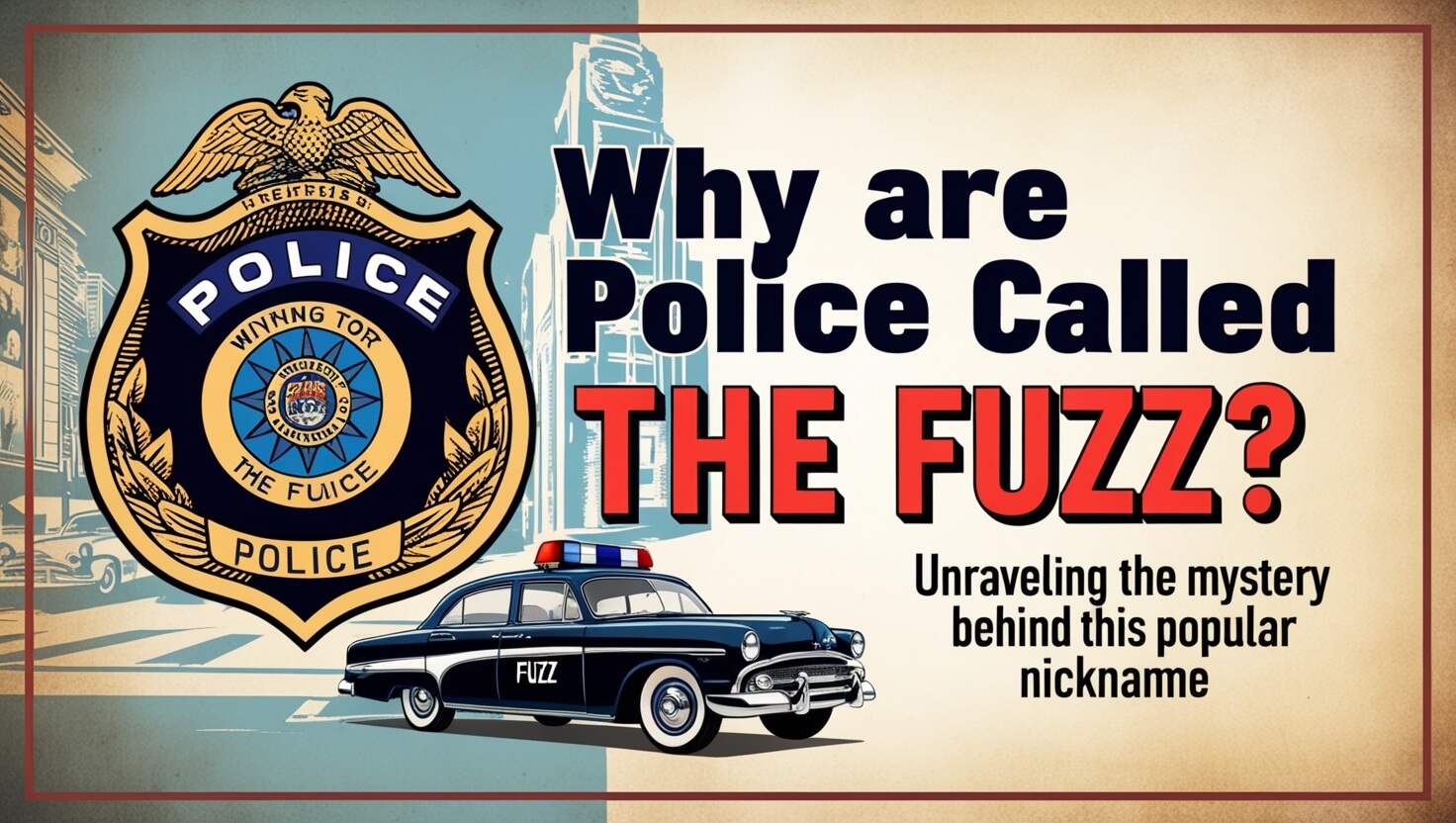Is It Illegal To Listen To Police Scanners

Imagine the crackling static, a voice cutting through the noise, reporting a traffic accident on Main Street. For some, it's just background hum, but for others, it's a window into the real-time drama unfolding in their community – the world of police scanners. But is tuning into this world perfectly legal, or are there hidden restrictions and potential legal pitfalls?
At its heart, the question boils down to this: in most of the United States, it is generally legal to listen to police scanners. However, there are crucial exceptions and nuances that could land you in trouble, depending on your location and how you use the information you glean.
The Allure of the Airwaves: A Brief History
The fascination with radio frequencies dates back to the early days of radio itself. Amateur radio enthusiasts, or "hams," have long explored the electromagnetic spectrum. Police scanners emerged as a dedicated technology allowing anyone to listen in on public safety communications.
Initially, these scanners were bulky, expensive pieces of equipment. But the advent of microchips and the internet revolutionized the field, putting scanner technology in everyone's pocket via smartphone apps.
Decoding Legality: Federal Laws and FCC Regulations
Federal law generally permits the reception of radio communications, including those of law enforcement. The Communications Act of 1934, a foundational piece of legislation, protects the right to receive radio transmissions.
The FCC (Federal Communications Commission) plays a pivotal role in regulating the airwaves. However, the FCC primarily focuses on the transmission of radio signals, not their reception.
Therefore, simply owning and listening to a scanner is not, in itself, a violation of federal law.
State and Local Variations: Where the Lines Blur
While federal law provides a broad framework, states and local municipalities can impose restrictions on scanner use. Some states prohibit using a scanner while committing a crime.
For example, using a scanner to evade law enforcement, obstruct justice, or facilitate illegal activities would undoubtedly be a violation of the law. In Kentucky, it is illegal to possess or use radio equipment to intercept law enforcement communications for the purpose of committing a crime.
Furthermore, several states have laws prohibiting the use of scanners during the commission of specific offenses, such as burglaries. These laws aim to prevent criminals from gaining an unfair advantage by monitoring police activity.
The Devil is in the Details: Context Matters
Context is critical when determining the legality of scanner use. A journalist using a scanner to gather information for a news story operates under different circumstances than a burglar using a scanner to avoid detection.
The intent behind the scanner use is a significant factor considered by law enforcement and the courts.
Laws in some states address the use of scanners while driving. For example, some states restrict scanner use to licensed amateur radio operators while behind the wheel, to prevent distractions.
Encryption and the Digital Age
The increasing use of encrypted communication channels by law enforcement presents a challenge to scanner enthusiasts. Encryption scrambles the radio signals, making them unintelligible to anyone without the decryption key.
Many police departments have transitioned to encrypted systems to protect sensitive information and maintain operational security. As a result, a significant portion of police communications is no longer accessible via traditional scanners.
Attempting to decrypt encrypted communications is illegal under federal law. The Electronic Communications Privacy Act (ECPA) prohibits the interception of electronic communications, which includes encrypted radio transmissions.
When Scanners Cross Professional Boundaries
Certain professions have specific regulations regarding scanner use. For example, pilots are permitted to use scanners to monitor air traffic control frequencies. This is critical for maintaining situational awareness and ensuring flight safety.
Emergency medical technicians (EMTs) and firefighters often rely on scanners to receive dispatch information and coordinate their response efforts.
However, even within these professions, unauthorized use of scanner information or interference with emergency communications is strictly prohibited.
The Citizen Journalist and Public Oversight
For citizen journalists and community watch groups, scanners can serve as valuable tools for monitoring public safety and holding authorities accountable. Access to real-time information allows them to report on incidents as they unfold and provide valuable insights to the public.
However, it is crucial for these individuals to operate responsibly and ethically. Sharing sensitive information that could compromise ongoing investigations or endanger individuals is strongly discouraged and may have legal repercussions.
Responsible use involves verifying information before disseminating it, respecting the privacy of individuals involved in incidents, and avoiding actions that could obstruct law enforcement efforts.
Ethical Considerations: Balancing Curiosity and Respect
Beyond the legal aspects, there are ethical considerations surrounding scanner use. While it may be tempting to listen in on private conversations or sensitive incidents, it is important to respect the privacy of those involved.
Consider the potential harm that could be caused by sharing information obtained from a scanner. Spreading rumors, revealing personal details, or interfering with emergency responders can have serious consequences.
Balancing the desire for information with the need for privacy and respect is essential for responsible scanner use.
The Future of Scanning: Technology and Regulation
As technology continues to evolve, the landscape of radio communication and scanner use will undoubtedly change. The increasing prevalence of digital radio systems and encryption will likely further limit access to certain types of communications.
The legal framework surrounding scanner use may also be subject to future updates and interpretations. Court decisions and legislative changes could impact the rights and responsibilities of scanner enthusiasts.
Staying informed about the latest developments in technology and regulation is essential for anyone interested in this field.
A Final Thought: Listening Responsibly
The world of police scanners offers a fascinating glimpse into the inner workings of our communities. While it is generally legal to listen, it is crucial to do so responsibly and ethically.
Understanding the laws and regulations in your area, respecting the privacy of others, and using information wisely are essential for ensuring that your scanner hobby remains within the bounds of the law and contributes positively to your community. The airwaves are open, but navigating them requires both knowledge and a sense of responsibility.
